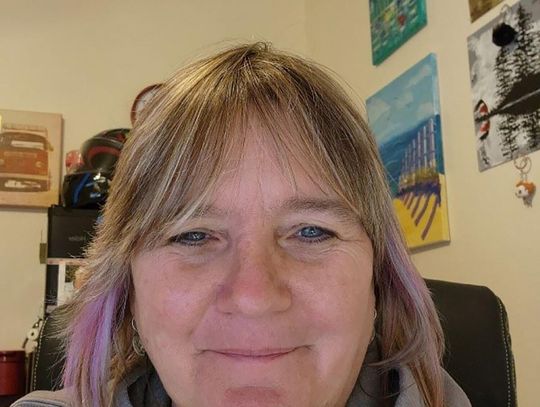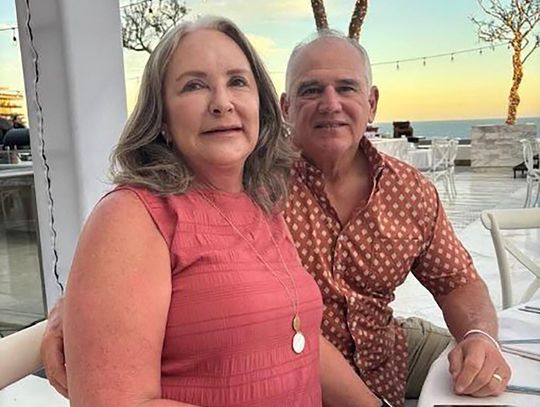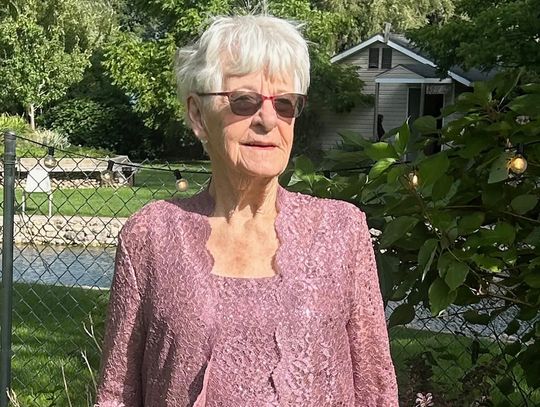I was asked a few times, “Hey Nate, what is that column about?” “Hey Nate, what is your agenda?” after the first column came out. So, let me tell you…
This column is a great place to come for ideas and thought provoking conversation. It isn’t a place for just ‘experts’ or for reprinting ‘that study.’ This is the place where a productive search for solutions and real discussion is welcome. No agenda, just exploring what is best for kids. There is a difference between reflection and criticism, debate and negativity. Only a real search for improvement is worth spending our time, so here we are.
Now. Let’s talk about time. How long does it take to cook a potato? Is it 2.5, 5, 20 or 30 minutes? The answer is ‘Yes!’ Fried, baked, microwave, whatever. It is still a cooked potato and it is probably great, just done in a different way. School is like that too.
Way back in 1906 a system was designed to determine how long it took to ‘learn something’ completely. Really. The unit developed to measure a ‘credit of learning’ is called a Carnegie Unit. A Carnegie unit is 120 hours and is the measure that we still use in giving High School credits in the United States. A lot of times this is referred to as ‘seat time.’ Some schools divide this time into 50 minute classes, some 45, some 90 minute classes, but no matter what, they all must add up to 120 hours to be a credit. That isn’t equitable, that isn’t real life, that should be rethought.
The world is a lot different now than it was in 1906. It seems like maybe we need to have a conversation about this. If cooking a potato can be done in different amounts of time, can’t learning how to write a poem, or fix brakes on a car, or writing code for a task be done in different time periods? Yes. It is time for us to start talking about what we believe is learning in 2020. Here are some things to consider. Can we do a better job at measuring learning than just use a clock? How can we give opportunities for individuals to show achievement beyond a measure of time? When can we coordinate these efforts to benefit kids.
Surly, competency based learning along with other personalized learning efforts have a part in this. Let’s find opportunities to get together to make this discussion a priority. It is time.
Never miss the local news — read more on The Fallon Post home page. If you enjoy The Fallon Post, please support our effort to provide local, independent news and make a contribution today. Your contribution makes possible this online news source for all things Fallon.









Comment
Comments